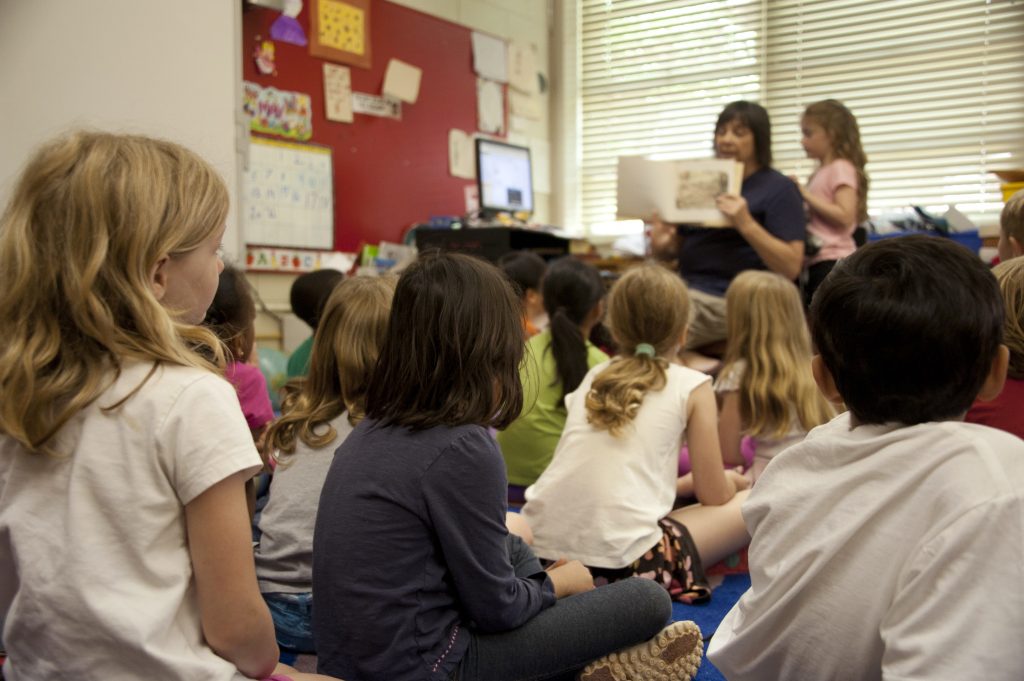As a new term begins, teacher Louise Muteham reflects on how we keep Wales’ school pupils safe and learning
Keep Wales Safe. Keep Wales Learning. A simple message of utmost importance, and much more than a government strapline. Moving forward, the challenges and opportunities for learners, teachers, leaders and families should not be underestimated.
If lockdown has achieved something positive for education it has served to highlight the importance of learning and teaching, and though the rapid closure of schools in response to COVID-19 was something unimaginable not long before it happened, schools responded to all that was asked of them and more.
The nature of a never-before-seen global pandemic means we are trying to solve problems that the sector has never faced, find solutions that never needed to be imagined, and, more importantly, safeguard the health and well-being of those we love and are responsible for. Whilst this isn’t an issue exclusive to education, managing these needs in an ever-shifting context means balancing knowns and unknowns whilst maintaining a focus on learners, learning and what really matters.
The way in which schools responded to their sudden closure and subsequent use as childcare hubs for key workers has been admirable. I remain proud of the way in which the workforce answered every call that was sent to them and I continue to be inspired by the innovation and creativity of my colleagues.
We know in education that there is no single solution to a problem; each context, each learner, each practitioner will have different needs at different times, and we are well used operating in a landscape of this complexity.
Syniadau uchelgeisiol, awdurdodol a mentrus.
Ymunwch â ni i gyfrannu at wneud Cymru gwell.
In honesty it’s not been easy. I have never met a teacher who entered the profession for any other reason than they wanted to support children to reach their potential, yet they have had to operate in an almost untenable situation. Should they provide live learning? Should they give more work or less work? Who has access to devices? How can they reach all learners? Are the children in their schools coping? Have home circumstances changed? Are the learners all receiving enough to eat? Are young carers being supported? Will all learners come back the same children as when they left? For each of these questions and hundreds more there will never be an answer that everyone agrees with or is universally correct. Schools have always been about far more than simply teaching; they are not simply buildings where learners go for hours each day to acquire knowledge; they are communities.
To add to this complexity, we find ourselves learning a whole new lexicon relating to blended, distance and digital learning and this gives potential for confusion. The importance of terminological precision must not be underestimated. We need to be speaking the same language in order that our communications are universally understood.
The shifting of our education system to a virtual environment has presented long term challenge and opportunity in equal measure. But how do we seize the opportunity offered when we are responding to very real and immediate short term demands that require our attention?
I don’t have the answer, nor do I believe there to be a perfect answer. What I do think we have collectively is of parts of the answer and some impactful and innovative examples we can learn from.
Practice, provision and pedagogy have never been more readily shared. With the transition to distance learning I have been heartened by the willingness of schools across our region, Wales and the global community to share what they are doing and offer their learning about what works in their setting. External organisations have also responded to need by making many resources freely available. This sharing, coupled with openness and honesty from leaders and practitioners about successes and challenges, provides us all with a wealth of learning opportunities and supports meaningful collaboration based on a shared need and purpose.
Research continues to be developed and shared. Lessons from our own settings and the global community can help shape and challenge our thinking. The education system in Wales has worked together; schools, LA, consortia, HEIs, Estyn, WG and all the other organisations I can think of have worked tirelessly to try to ensure equitable education for all.
The main risk I can see here is knowing where to begin. There is so much ‘stuff’ in the system now, how do we know where to start? To this I will always focus on a clear question. What is the problem we are trying to solve? This removes the noise and makes certain that the focus is back to learners and what really matters. As always context will drive needs and priorities – we know our schools and we know our learners.
Now, as the most unusual school year I’ve known to date has ended and a new one begins, I’ve had time to reflect. I’m reminded of trying to avoid the tyranny of stuff to let me focus on what’s important. Whilst I still have more questions than answers, I know I am operating in a system of innovative, creative leaders and practitioners who collectively have the dedication, knowledge and skills to ensure that we keep Wales safe and keep Wales learning.





